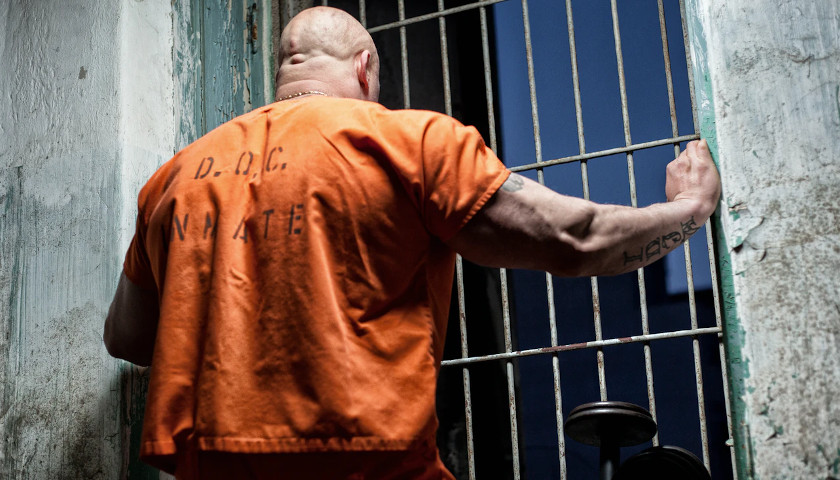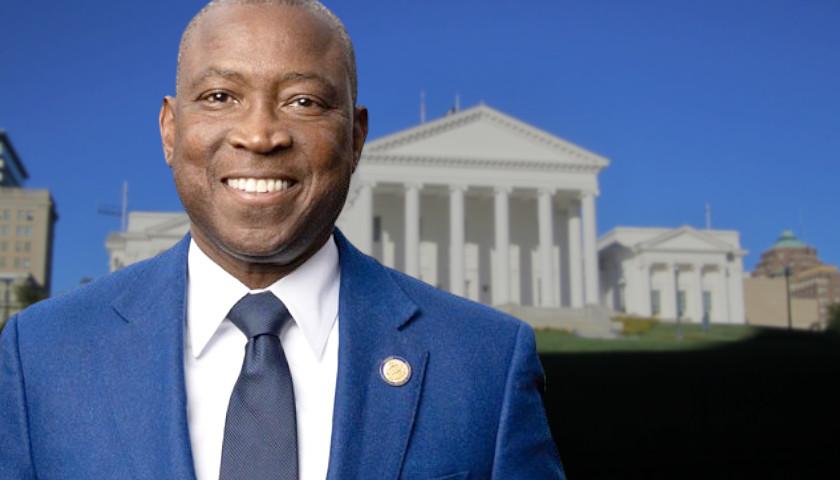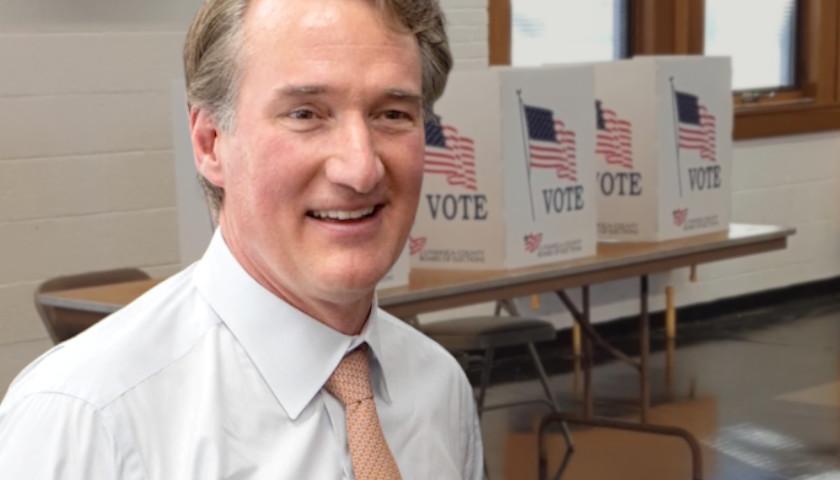by Madison Hirneisen
In the final hours of the legislative session, Virginia lawmakers sent a pair of bills to Gov. Glenn Youngkin that would prohibit the use of solitary confinement in prisons without mandatory out-of-cell time, and stricter reporting requirements.
While the bills received bipartisan support as they advanced out of the General Assembly, the measures as-passed do not contain a key component advocates had pushed for – a 15-day limit on the use of solitary confinement. Without that provision, advocates fear the bill will allow the Virginia Department of Corrections to place people into isolated confinement for extended periods of time, so long as there is a review and daily out-of-cell time.
“The simple fact is this bill has no teeth to make things better for people held in solitary in Virginia and plenty of language that VADOC could use to make things worse,” ACLU of Virginia Senior Staff Attorney Vishal Agraharkar said in a statement to The Center Square. “We’re calling on Governor Youngkin to amend it to include oversight of VADOC so the agency complies with the few reforms that are in the bill, and we’re also calling on Governor Youngkin to amend the bill to include meaningful restrictions on the reasons and length of time someone may be kept in solitary conditions.”
“Without those amendments, this bill will not only fail to be the end of solitary confinement in Virginia – it will sadly fail to even qualify as reform,” Agraharkar added.
Natasha White, a solitary confinement survivor and director of community engagement for Interfaith Action on Human Rights, told The Center Square Tuesday that she feels the outcome of the bill “proves that the voice of those directly-impacted is not amplified enough.”
“With no limit (on solitary confinement), the deprivation of the mind, the mental health of that person and the spiritual breaking of the person will still happen regardless of if you bring them outside for four hours a day,” White said.
As passed, House Bill 2487 and Senate Bill 887 prohibits the use of isolated confinement unless it is needed for an inmate’s protection, there is an “imminent threat of physical harm” to the incarcerated person or others, an inmate’s behavior “threatens the orderly operation of the facility,” or if an incarcerated person requests placement in “restorative housing” with informed voluntary consent.
The measures specify that when a person is placed in “restorative housing” – a housing unit separated from the general inmate population – they must be offered a minimum of four hours per day of out-of-cell time. The Virginia Department of Corrections maintains it does not utilize solitary confinement, but instead deploys “restorative housing.”
Additionally, the bills require correctional facilities to review the inmate’s placement in restorative housing once a week, and document the reason a “less restrictive” option could not be used, and detail an action plan of how the facility will transition the inmate out of restorative housing as soon as possible. A facility administrator must also ensure any inmate placed in restorative housing receives medical and mental health evaluation within one workday of placement.
Del. Glenn Davis, R-Virginia Beach, who worked on HB 2387 with House Minority Leader Del. Don Scott, D-Portsmouth, said in a statement the provisions in the bills will “help address the mental health crisis faced by our prison population, provide greater opportunities for incarcerated Virginians to rehabilitate, and will continue to ensure the safety of the inmates and staff.”
Earlier versions of both HB 2487 and SB 887 included a provision placing a 15-day limit on the use of restorative housing. The United Nations Standard Minimum Rules for the Treatment of Prisoners specifies that prolonged solitary confinement is when confinement lasts more than 15 days.
Victoria LaCivita, spokeswoman for Attorney General Jason Miyares, told The Center Square the Virginia Department of Corrections – a client of the Attorney General – raised concerns about the “unintended consequences” of the original bill containing the 15-day limit.
“VDOC had significant security-related considerations for holding an inmate in restorative housing, and those concerns do not necessarily dissipate within 15 days,” LaCivita said. “It was our client’s position that the Senate’s version of the bill put the state at risk of lawsuits, as the only exception to the 15-day limitation is if the individual presents an ‘active and imminent physical danger to himself and others.’”
LaCivita provided the example of an inmate murdering a fellow inmate or corrections staff member, arguing releasing the inmate “back to the general population would open the state up to being liable for failing to protect against a known risk of harm if someone else is harmed in the future by the same individual.”
The Virginia Department of Corrections announced in 2021 that it had done away with “restrictive housing” – a practice American Correctional Association defines as the confinement of a person for more than 20 hours in a day. Advocates, however, debated the accuracy of the announcement.
Sen. Joe Morrissey, chief patron of SB 887, told The Center Square Tuesday that though the bill as-passed lacks the 15-day limit he hoped for, he is overall “very pleased with the final bill.” Morrissey said he is particularly pleased the bill codifies the four hours per day of out-of-cell time.
Come next session, Morrissey says he already has plans to re-introduce a bill containing the 15-day limit.
“Solitary confinement is a centuries-old, antiquated, horrific practice that seeks to destroy people’s spirits,” Morrissey said in an interview. “We are so far above that as a society right now. We have advanced so much that we need to terminate this disgraceful process.”
“My bill got us three-quarters of the way there. Next year, we’ll get the rest,” he added.
White, from Interfaith Action for Human Rights, said she and other advocates would support future efforts to put limits on solitary confinement in Virginia.
“We will continue to fight for the humane treatment of all people including incarcerated individuals until they receive it,” White said.
– – –
Madison Hirneisen is a staff reporter covering Virginia and Maryland for The Center Square. Madison previously covered California for The Center Square out of Los Angeles, but recently relocated to the DC area. Her reporting has appeared in several community newspapers and The Washington Times.





